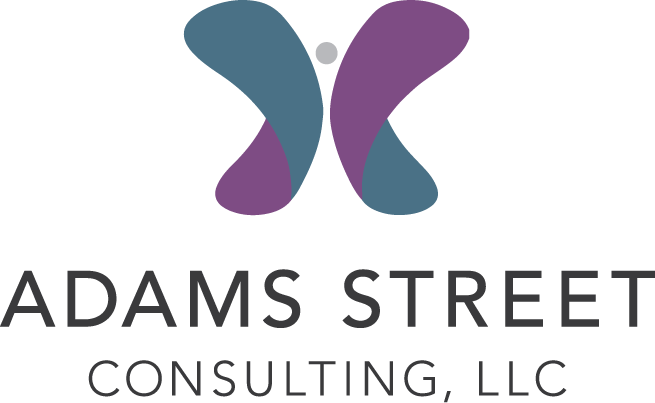In the wake of so many tragic deaths, it is difficult to ignore the fact that racism is deeply embedded in our society and that racism causes great harm. The problem seems so big and so entrenched in our culture, that I sometimes feel overwhelmed and helpless. In the light of such a big problem, what can I do? I strongly believe that small actions can contribute to big changes. To begin, I can assess my own bias, think about how that bias changes how I act, and intentionally change my behavior.
Racism has been passed down from generation to generation and we need to interrupt that cycle. Racism is present on our streets, in our places of work and play, and in our homes. In a recent training on equity and inclusion for organization development professionals, a participant observed: “[this training] makes me think about how I perpetuate oppression through my everyday actions and I want to try to be more aware of those and how I can change those moments.” I hope that we can all reflect on those everyday actions that contribute to the larger culture of racism and make changes that will lead to a more equitable society. It is on us to change and, while it may seem overwhelming, we have to start somewhere.
Dr. Brian H. Williams, trauma surgeon at Parkland Memorial Hospital, an African-American trauma surgeon who operated on the Dallas police officers who were shot and killed on July 9, 2016 shared some of his experiences and thoughts about race relations between the black community and the police in a July 11, 2016 press conference reported by CNN (you can find the full transcript of the press conference here). He recounts how he intentionally tries to break the tension between police and the black community and how difficult that can be.
…I bought one of the Dallas P.D. officers some ice cream when I was out with my daughter getting ice cream. I want my daughter to see me interacting with police that way, so she doesn't grow up with the same burden that I carry when it comes to interacting with law enforcement. And I want the police officers to see me, a black man, and understand that I support you, I will defend you, and I will care for you. That doesn't mean that I do not fear you. That doesn't mean that if you approach me, I will not immediately have a visceral reaction and start worrying for my personal safety. But I'll control that the best I can and not let that impact how I deal with law enforcement. (Dr. Williams)
Dr. Williams intentionally shifts his behavior to create a desired change. Imagine the change that could happen if we all thought about how our everyday actions impacted those around us in the short and long term.
All too often, the onus to shift the racist dynamic falls on people of color. Racism is damaging to everyone and is caused by white people. White people are going to have to shift how we interact with the world if we are going to see an end to racism. As a white middle-class woman, despite my best efforts to fight against it, I view the world through a biased lens. Our view of the world and of others is shaped by our experiences. You can test your own bias in numerous categories through the IAT test developed by Harvard.
I am challenging myself to think about ways I perpetuate or prevent racism. As a consultant and as a mother, I need to be aware of my actions and intentionally model the world I want to see. For me that will include making sure my child is exposed to a diversity of characters in her, engaging with diverse communities when we choose our activities, and continuing to participate in difficult conversations about race (You can find some resources for talking to kids about race and racism here, here, and here). As a professional, I will continue to seek out and listen to the experiences of people of color, explore how organizations can shift to provide safer spaces for people of color to thrive, and find ways to educate myself and other white people on the dynamics of racism.
What are some of the ways you can disrupt racism in your daily life?

